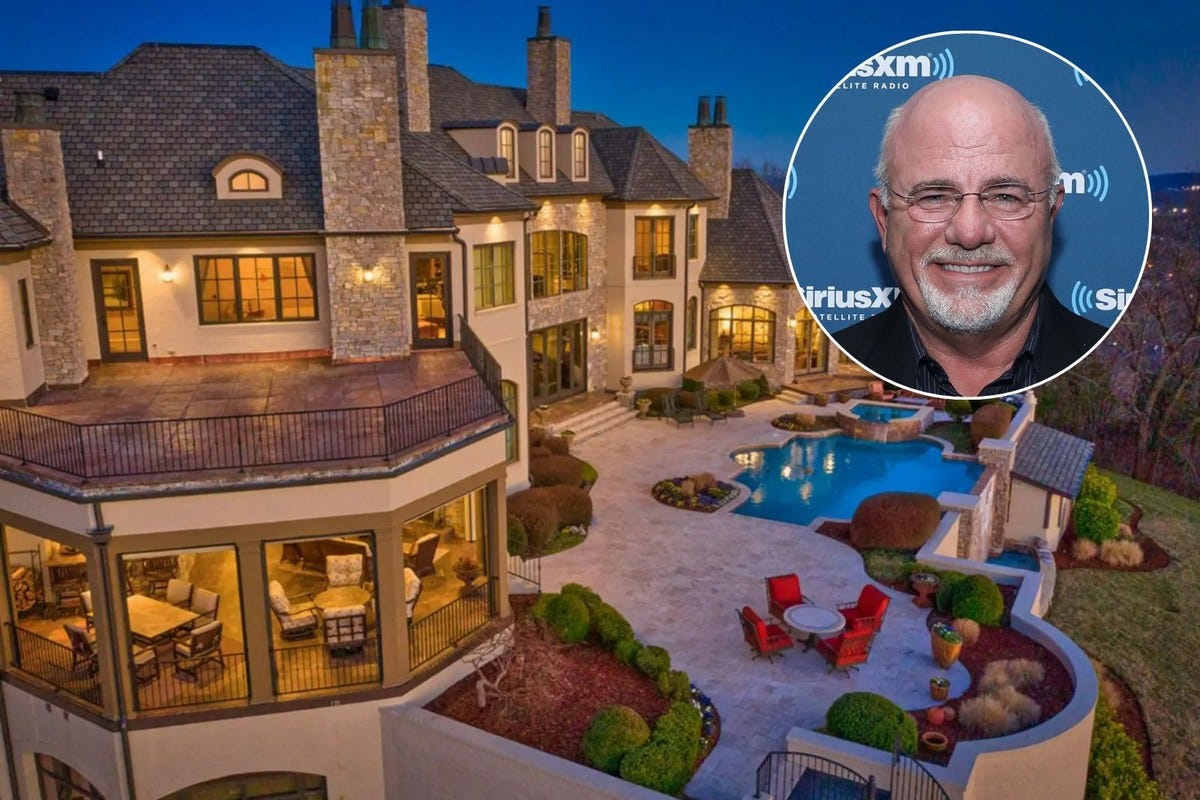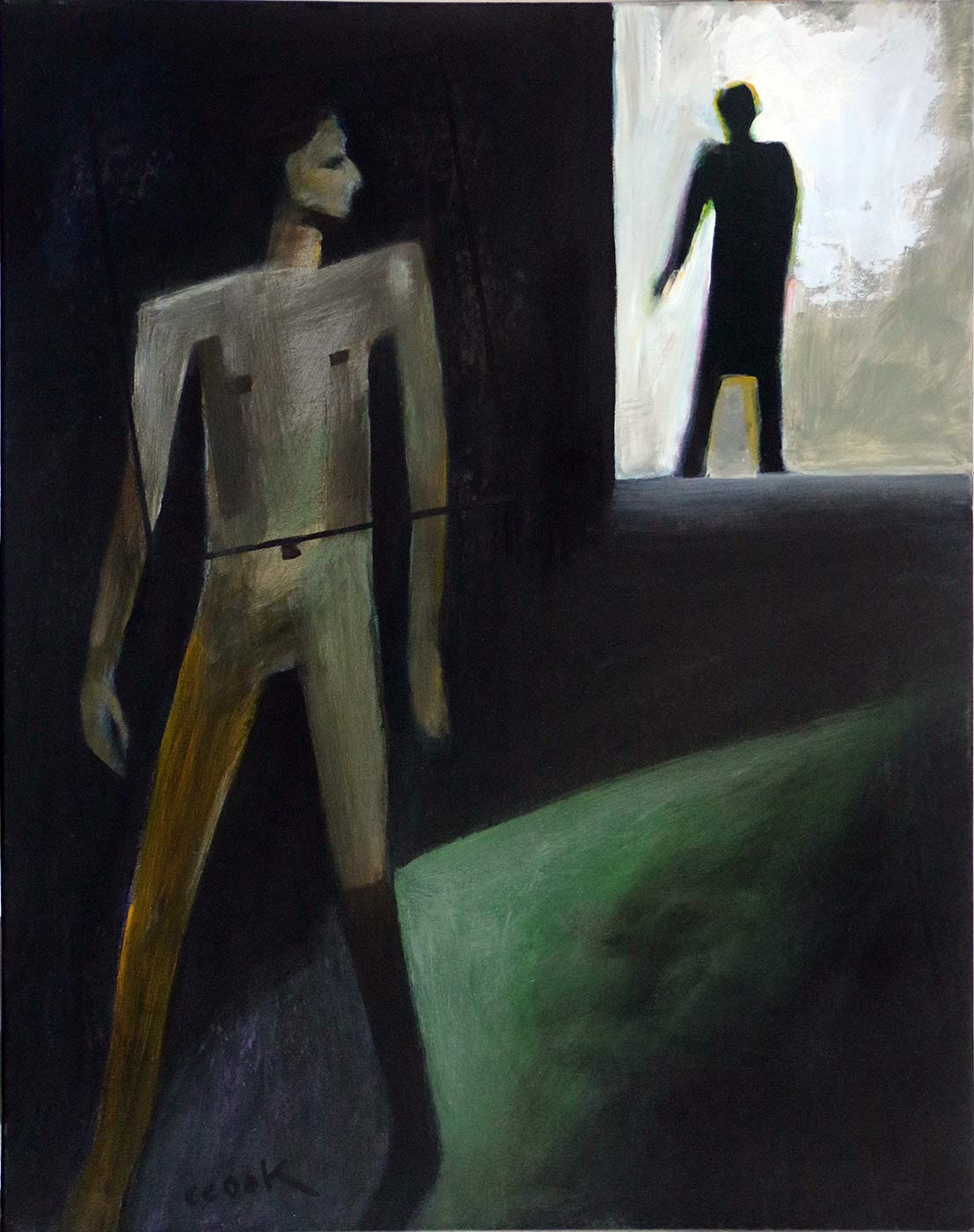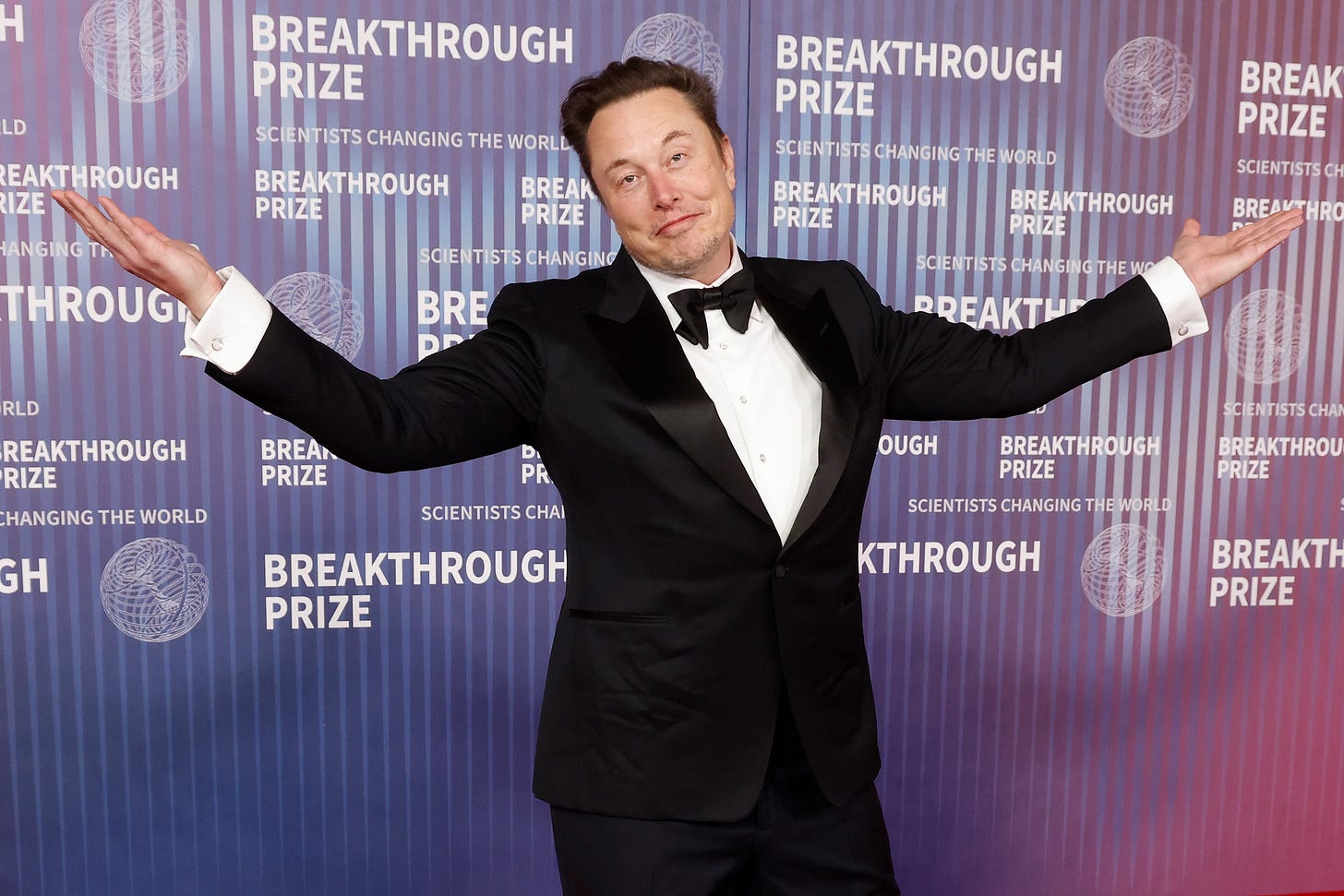Mark 10:17-27
The Rich and the Kingdom of God
17 As Jesus started on his way, a man ran up to him and fell on his knees before him. “Good teacher,” he asked, “what must I do to inherit eternal life?”
18 “Why do you call me good?” Jesus answered. “No one is good—except God alone. 19 You know the commandments: ‘You shall not murder, you shall not commit adultery, you shall not steal, you shall not give false testimony, you shall not defraud, honor your father and mother.’”
20 “Teacher,” he declared, “all these I have kept since I was a boy.”
21 Jesus looked at him and loved him. “One thing you lack,” he said. “Go, sell everything you have and give to the poor, and you will have treasure in heaven. Then come, follow me.”
22 At this the man’s face fell. He went away sad, because he had great wealth.
23 Jesus looked around and said to his disciples, “How hard it is for the rich to enter the kingdom of God!”
24 The disciples were amazed at his words. But Jesus said again, “Children, how hard it is to enter the kingdom of God! 25 It is easier for a camel to go through the eye of a needle than for someone who is rich to enter the kingdom of God.”
26 The disciples were even more amazed, and said to each other, “Who then can be saved?”
27 Jesus looked at them and said, “With man this is impossible, but not with God; all things are possible with God.”
This week, I saw a video of Dave Ramsey—the multimillionaire Christian financial guru—justifying why it wasn’t greedy for him to own dozens of homes. “Those are God’s homes,” he said. “I’m just a steward.” Meanwhile, homelessness is rising, millennials may never own homes, and he claims these houses belong to God. He is deluding himself. I believe Jesus would say to Ramsey exactly what he says to the rich young ruler in this passage: if those houses belong to God, then they should go to those who have no houses.
Ramsey’s theological acrobatics around money are nothing new. Preachers have twisted themselves into knots for centuries trying to soften this passage, but what if Jesus meant exactly what he said?
Jesus said to give it away, and he didn’t stutter.
Jesus used one of his most famous and straightforward metaphors in this passage, yet people still miss the point.
A camel is the largest animal in Palestine. A needle’s eye is the smallest possible opening. Let the reader understand.
Okay, I’ll spell it out—it’s impossible. A camel cannot pass through the eye of a needle. Likewise, you cannot experience the beloved community when extreme wealth inequality separates you from others.
The most common workaround used by creative preachers to soften this hard teaching is the claim that the “eye of the needle” was a low gate in Jerusalem, requiring camels to crouch to pass through.
The implication is that Jesus was merely calling the rich to humility rather than redistribution. But this is entirely made up—an invention to dull the impact of Jesus’ challenge (Preachers become incredibly creative when money is involved). Jesus was not calling the rich to crouch. He was calling for redistribution of wealth, power, and privilege. In our time, Jesus would likely be accused of waging class warfare! I doubt he would argue—Jesus consistently said that riches were the chief rival to the Kingdom of God.
Many conservatives misinterpret Jesus’ phrase “enter the kingdom of God,” assuming he meant going to heaven when you die. But the kingdom of God is not about escaping earth; it’s about transforming it. Jesus was not talking about saving individual souls but about how God wants to save the world.
The disciples were just as shocked as we are. “Then who can be saved?” they asked. In their worldview, wealth was a sign of God’s favor. Jesus saw it as the opposite.
We still believe the same lie: that rich people are first in line for God’s kingdom, that they deserve their status. But in reality, their wealth is often the result of inheritance and privilege, not virtue or wisdom. We assume that the rich should lead because they’ve “figured it out.” More often, their wealth is evidence of their willingness to exploit others rather than their ability to create true flourishing.
We admire the rich and defend them because we aspire to be them. As John Steinbeck famously said, the working poor in America don’t see themselves as struggling workers—they see themselves as temporarily embarrassed millionaires.
Regardless of our stated beliefs, the heaven many of us actually seek is a cushy 401(k). But Jesus would remind us that we have set our sights on the wrong goal. Studies show that people are happier in more equal societies, not in wealthier ones. Even the rich in highly unequal nations (like the U.S.) report less happiness than middle-class people in more equal societies!
We were not made for superiority but for community.
Jesus’ rebuke of the rich young ruler applies to us all. Few of us are wealthy, yet we cling to the same illusions. We believe we can bootstrap our way to security and happiness, even if it means leaving others behind. But Jesus calls us to stop building our own empires and instead build God’s kingdom—not by getting ahead but by lifting others up and creating a more just society.
I recently read that 83 billionaires possess more wealth than the bottom half of the global population. A mere 83 individuals own more than four billion people combined. It is incomprehensible that any of them could claim empathy with those four billion who have so little. Real friendship is impossible across extreme economic divides. Wealth insulates the rich from the struggles of the poor, making true solidarity—and therefore true love—impossible. Paul Tillich defined sin as alienation; anything that separates you from love—of self, neighbor and God. Vast inequality is sin because it deepens our alienation and moves us further from love.
If Elon Musk were to publicly declare himself “born again” tomorrow—and let’s be honest, this is a common PR move for morally bankrupt figures—what would Jesus say? Likely the same thing he told the rich young ruler: If you want to enter the kingdom of God, sell your $400 billion empire and give the money away.
Let me end with the most beautiful line in this passage:
“Jesus looked at him and loved him.”
Jesus’ challenge to the rich man was not class envy, anarchist zeal, or spite. It was love. Jesus wanted him to enter the kingdom—not to save him from hell after death but to save him from the hell of alienation in this life.
The rich young ruler—a man who had everything, sitting atop a hierarchy of privilege—yet Jesus saw that he was trapped. A prisoner in need of rescue. Jesus showed him the way to freedom, and it wasn’t complicated—just difficult.
There is nothing to envy about Elon Musk. He is not in the kingdom—he is in hell, a hell of his own making.
What is keeping us from the kingdom? Most of us aren’t billionaires, but we still cling to power and privilege that alienate us. Just as patriarchy harms men even as it benefits them, economic privilege isolates the wealthy from true connection.
If we suddenly saw reality as Jesus does—if we truly woke up to our interconnectedness—what would change?
Jesus’ invitation stands—for Musk, for Ramsey, for all of us.
But make no mistake: the kingdom cannot be bought, bargained with, or entered while clutching privilege and power.
You will either hoard or belong. You cannot do both.
So give up your power—share it.
Surrender your privilege—use it to lift others up.
Step down from your high place, and recover your humanity.
The kingdom is there, waiting for you.
For this breath prayer, imagine Jesus looking at you the way he looked at the rich man. What is standing between you and love? Let the radical Jesus challenge you.
(Inhale) Jesus looks at me…
(hold 4 seconds)
(Exhale) And loves me.
(Inhale) Let me release what holds me back…
(hold 4 seconds)
(Exhale) Let me receive what sets me free.









I've been struggling with maintaining my compassion for the super rich - even those who seem to otherwise be what I would consider "good people." This soothed my soul and brought me back to Jesus as my center. Thank you.
True. And Moses did stutter.